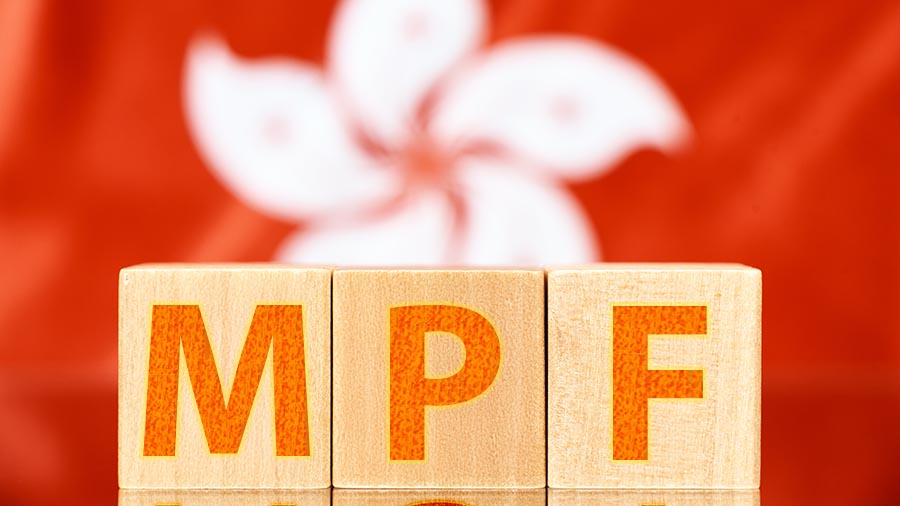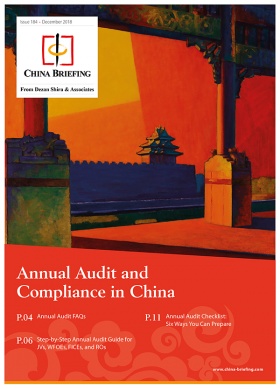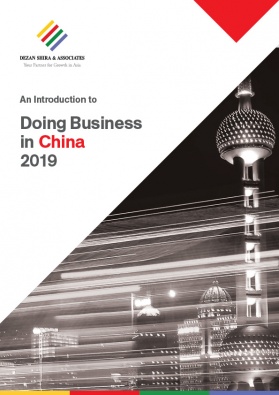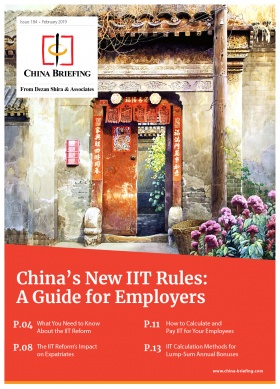No Deal Brexit – What Does it Mean for China and the UK?
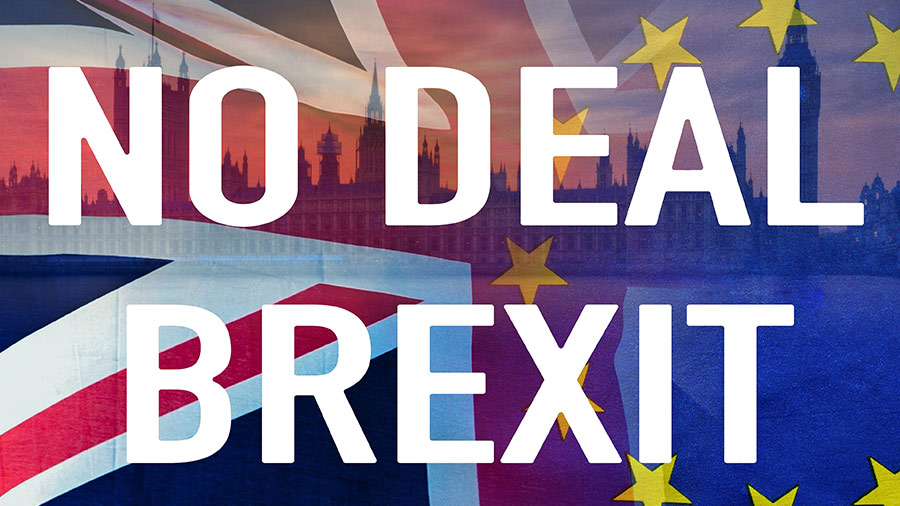
Op/Ed by Chris Devonshire-Ellis
With British politicians in disarray and the European Union (EU) unwilling to give much leeway to British demands over post-Brexit arrangements, market watchers expect the United Kingdom’s exit from the EU to be a crash landing – unless another extension is negotiated within the next few days.
Even if an extension to the Brexit deadline of March 29 gets approved, there is no guarantee that delaying the agreement deadline to the end of June will work either. The EU has its own elections coming up in May, and the political winds of change gathering around Brussels will likely result in the departure of a large number of existing MEPs.
In the event of a “no deal”, the UK will leave the EU on March 29. Trade with the EU will be conducted on terms laid down by the World Trade Organization, and London will be free to negotiate free trade deals with whoever it wants – including China. Currently, because the UK is a member of the EU, and because the EU doesn’t have a free trade agreement with China, the UK doesn’t have one either.
Beijing has made it clear that it would welcome an FTA with the UK with “open arms” and has stated that it would make a “top notch” deal. However, other influences will come into play to negate that, a point little understood by many UK-China analysts.
This is because London will almost certainly value a free trade deal with the United States as a higher priority than with China, and Washington will place conditions on London agreeing to a UK-US FTA.
These are likely to insist that any deal between the UK and China follows closely any terms agreed with between the US and China – terms that are still to be agreed in the face of the current spat concerning US-China tariffs.
In shorthand, that means London will not be able to negotiate a deal with China until the US has done so first. Additionally, once that occurs, a London-Beijing deal will have to closely follow US-China trade protocols as the last thing the US wants is for Britain to either be acting as a de facto Chinese warehouse for Chinese goods, or it being a “soft” port of entry for Chinese products entering the US at tariffs lower than those agreed to by Washington.
To be blunt, instead of Brussels calling the shots with UK trade, it is likely to be Washington who imposes the dos and don’ts upon London. This means that to discern what a future UK-China free trade deal may look like, British businesses will need to study what is happening between Washington and Beijing for clues and a likely trade deal blueprint.
Dezan Shira & Associates have assisted foreign exporters and investors entering the Chinese and Asian markets since 1992.
We provide a range of analytical and professional tax and legal services to clients from across the UK, USA, and Europe. For more information please email us at china@dezshira.com or visit www.dezshira.com.
- Previous Article Dezan Shira Hosts Russian Exporters and Investors in Guangzhou
- Next Article 2019中国进口关税和出口关税税率下调 -多项产品受影响



